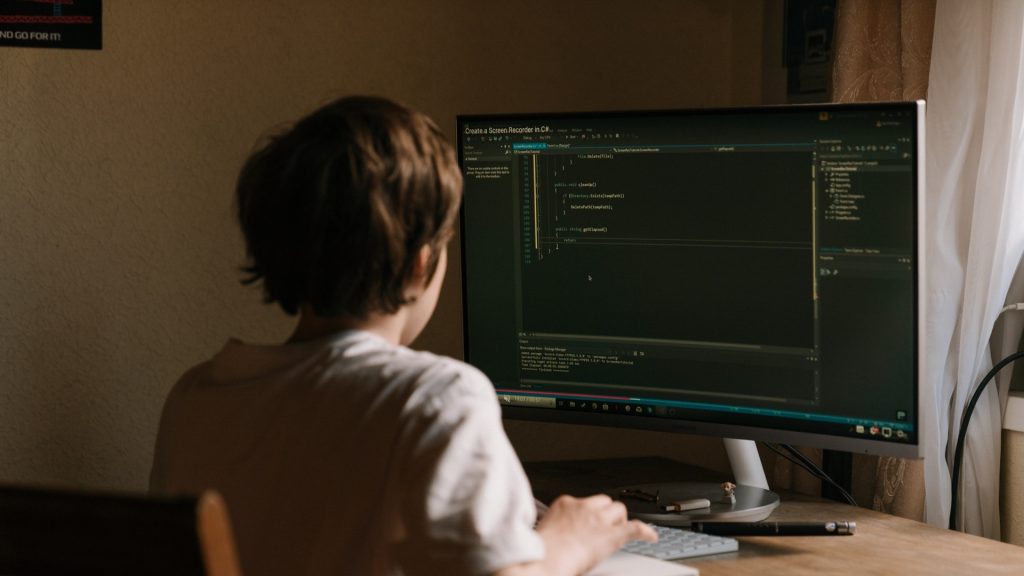AI chat is no longer just about faster answers or conversational tone. Search.com, a division of Public Good, has launched a generative AI search…
World’s first educational hackathon to take place in Africa

ADvTECH, a JSE-listed company that is Africa’s largest private education provider and Microsoft have partnered to host the world’s first educational hackathon.
The HACK-IT programme will encourage participating students to innovative and create new software.
The virtually hosted event is scheduled to take place during September and October. Students from across ADvTECH schools in South Africa, Botswana, and Kenya, will log on simultaneously and – in a race against the clock – troubleshoot and ‘break’ and improve, among others, MS Teams, the online learning solution used by ADvTECH Schools during the nationwide Covid lockdowns.
Stephen Reid, Senior Customer Engagement PM (EMEA) at Microsoft, explains that the company is committed to the development of student education and wellbeing, not just in school but beyond into the world of work and social engagement.
“The Hack-It programme is designed to help students become creators, not just consumers. By opening up our products to allow students to ethically hack, we are creating an ecosystem within our product portfolio that allows students to spend time exploring, understanding, reverse engineering and rebuilding our products in a way that makes sense to them, ultimately building critical skills for their future while allowing us to develop our products in direct alignment with their findings and ideas.
Quinton Mulder, Academic Development Coordinator at ADvTECH has shared that the upcoming Hackathon aims to provide Microsoft with user-generated insights to improve their products, particularly from the user experience point of view of students.
HACK-IT competition
Called HACK-IT, the competition will give students the chance to utilise their research and digital learning skills to analyse and evaluate Microsoft products. This will be done by harnessing their creative thinking skills to collaborate with their teams and develop innovative new ideas to improve software. Participating students will be working directly with Microsoft teams with the aim to improve the MS Teams and OneNote environments.
The competition will be broken down into four steps, testing students’ technological innovative and creative ideas and approaches.
There are the four steps:
- Hacking requires students to identify bugs, explore and find unexpected results in product utility, discover how to break something and learn what parts of the product don’t work, and record their findings.
- Assessing requires students to identify feature gaps, in terms of ways to improve the product, exploring what is missing which could improve user experience, and gathering and organising ideas.
- Creating requires students to innovate – building something new through collaboration with the team to identify actionable ideas, and developing a strategy for implementation.
- Knowledge transfer lets students work with others to refine and improve upon identified ideas and producing solutions, and identifying avenues for ongoing collaboration.
The competition will provide invaluable real-life exposure to the technology involved in software development, adding to their skillset and promoting innovation.
“Students will work in a pre-set Teams and OneNote test environments and are challenged to test, troubleshoot and even break the products in any way they can, looking for behaviour that is either unintended in the software itself or features that can be manipulated for unintended use. This can be driven in any way our education partners see fit, either as a pre-planned objective or as a spontaneous ‘bug hunt’,” Mulder says.
In addition, the competition will give them on-hand real-life work experience in a learning environment and product creation process.
Participating students will be given the chance to write a wish list, mapped against their hack results and self-assessment, and develop a case study and proposal for future features that will be delivered straight to Microsoft Engagement and Engineering.
Read more: Eight basic tips to scale up a startup
Read more: Microsoft SA invests R40-million in SA agriculture sector

